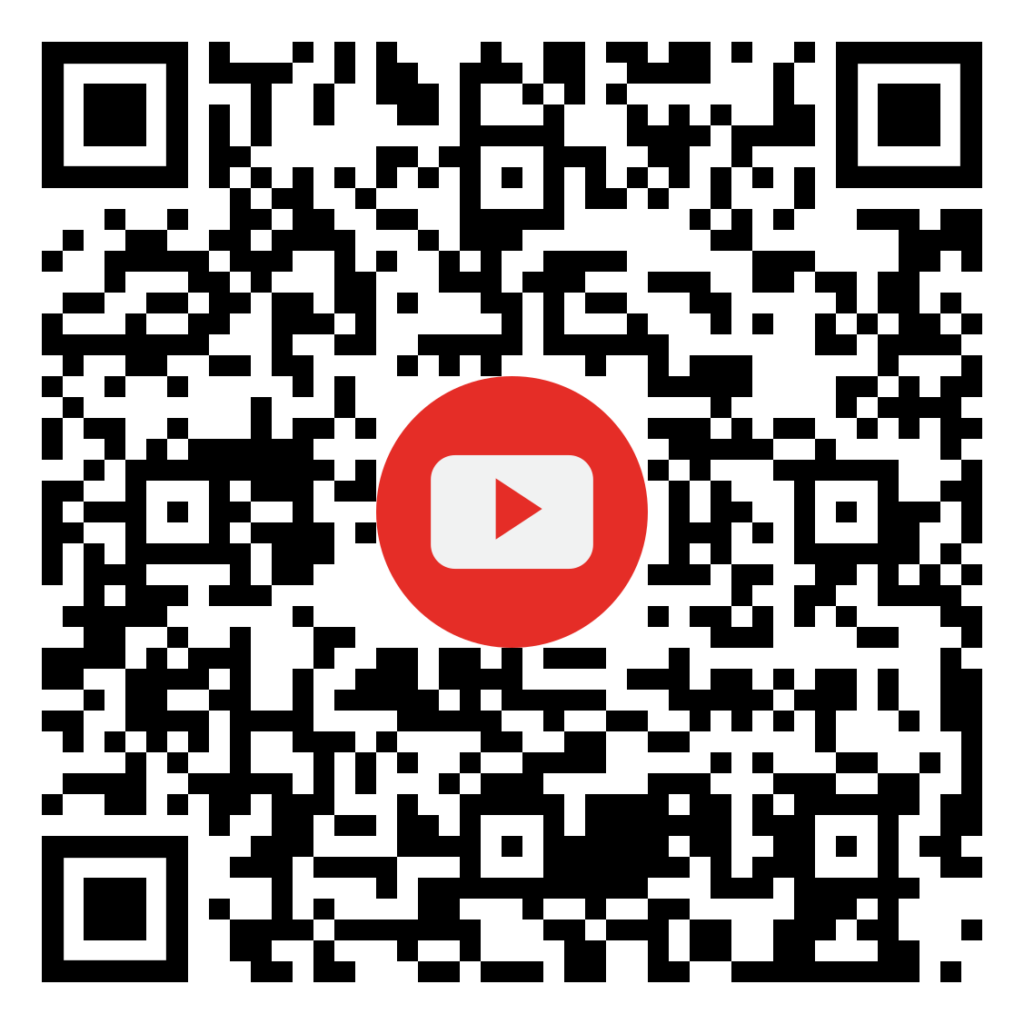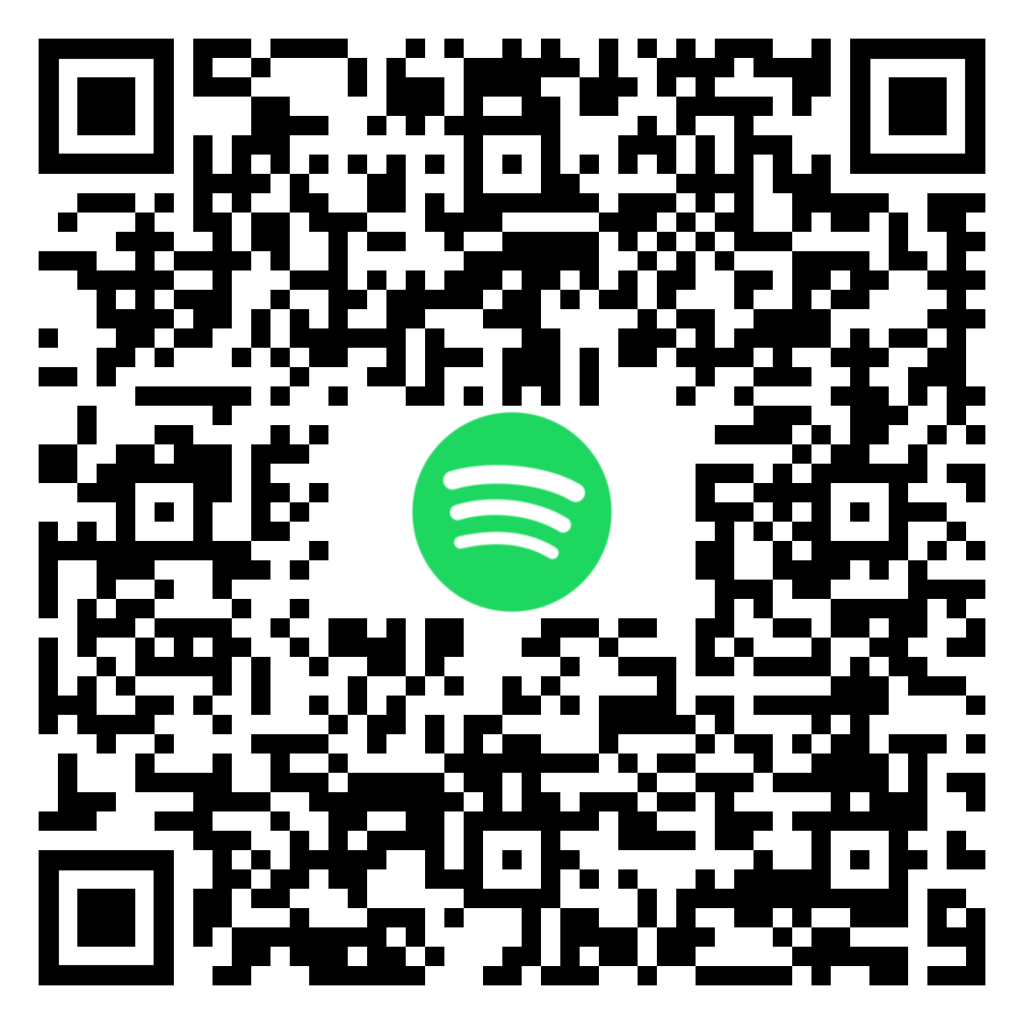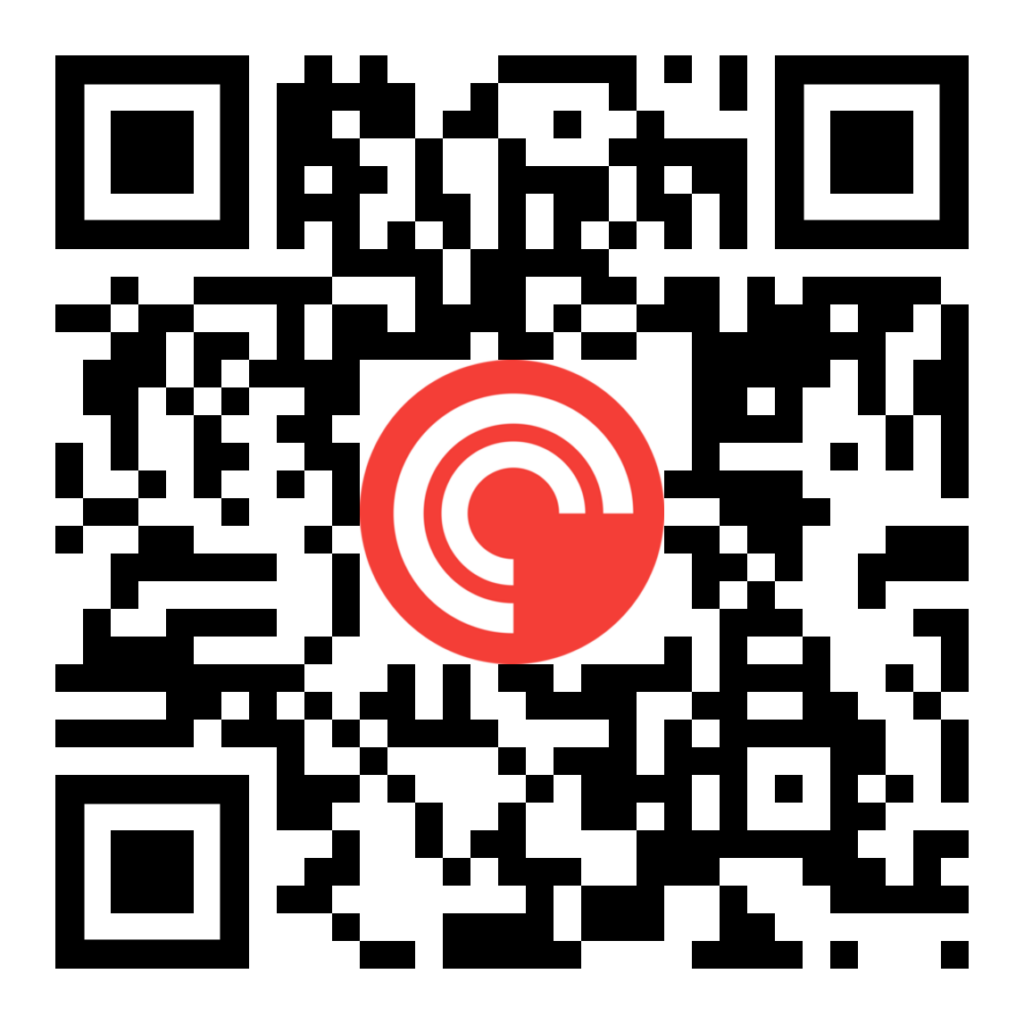[00:00:00] Sé Reed: 8 6 4, 2 0. Boom.
[00:00:08] Jason Tucker: is episode number 431. Yes, Even in WordPress, the major problem of microaggression,
[00:00:15] Sé Reed: not that you are micro aggressive. For
[00:00:18] Jason Tucker: I’m Jason Tucker. You find me at Jason Tucker on the Twitters.
[00:00:22] Sé Reed: did Tweeter. Se Reed at, Se Reed media on most of the things at, Se Reed media at Twitter for sure, though. Tweet me.
[00:00:32] Jason Tucker: Go over to Apple Podcast, Audible, Google Podcast, and Spotify. Leave us a review there. We appreciate it and hang out with us on Discord.
[00:00:41] Sé Reed: I installed it.
[00:00:42] Jason Tucker: WPwatercooler dot com slash discord for that invite
[00:00:45] Sé Reed: I installed the discord. Finally.
[00:00:47] Jason Tucker: I know. And then
[00:00:48] Sé Reed: I chatted.
[00:00:49] Jason Tucker: love people to come back if you left and you’re waiting for Sé to come hang out, She finally figured out how to install an app on her phone, and she did.
[00:00:56] Jason Tucker: So there
[00:00:57] Sé Reed: I’m a slow tech adopter. Discord’s, what? 10 years old?
[00:01:00] Jason Tucker: 10 years to reset your password? This is what happens. And I totally get it.
[00:01:04] Sé Reed: Alright first of all, we have a guest with us today that we should could do a quick intro and then I’m gonna do a quick intro of the topic. Who are you? Who are you, what are you doing here.
[00:01:13] John Locke: Yeah, John Locke, lockdown, seo. Been in the WordPress space since, I don’t know, like 2014 or so. Yeah.
[00:01:21] Sé Reed: Turns out that’s almost 10 years these days.
[00:01:24] John Locke: yeah. No,
[00:01:25] Sé Reed: 2014. Sounds like it was yesterday, but it’s eight years ago. So cool. I’ve been in the WordPress space since 2007. I don’t know what that means, but actually here’s what it means. I can talk about this problem. Cuz Yes. Even in WordPress. We need to talk about this problem.
[00:01:42] Sé Reed: We’ve been needing to talk about it. And I’m happy that we are now eeking into a space where talking about this stuff is … I don’t know. It’s still very controversial and very complicated. So I just wanna preface this, this conversation with: this is a difficult topic. Microaggressions in general, but race and discrimination and racism and the community.
[00:02:10] Sé Reed: Accountability. All of these things are heavily charged conversations and heavily charged topics and conversing about them is also a form of emotional labor. And that is essentially what we do here at this show. Emotional labor for the WordPress community. But I also want to say that is part of the reason that us here, me, Jason and John, as you can probably see if you’re watching and if you can’t see cuz you’re not watching, we’re all white.
[00:02:40] Sé Reed: If you’re listening, we are white. Not right. It really sounded like I said that we’re all right. We’re all whhhhhite. Anyway. So that is where we’re coming from cuz there’s, we cannot come from another perspective as white people. Asking people who are affected by microaggressions to continually talk about their microaggressions, or to justify their experience and to explain themselves over and over is itself a form of microaggression and is absolutely a form of emotional labor.
[00:03:15] Sé Reed: So we are gonna be talking about some topics that didn’t necessarily happen directly to us today. Although I do have some stories to tell about, direct impact that I’ve experienced. But just so you know, we’ve talked to the people involved who experienced those microaggressions and they have given us their blessing, for lack of a better word, to discuss this and to talk about their experience and from our perspective and, where, what our knowledge is and yeah.
[00:03:43] Sé Reed: And the reason that they are not here to talk about that themselves is because it’s a lot and it’s hard to talk about. And I really wanted to talk about this on today’s show. I’m just gonna keep going to my monologue here. Because we are white and because we do have a platform and because I feel that this is where.
[00:04:05] Sé Reed: Myself as a white person where we as white people need to step up to continue the conversation so that the burden of this does not continually land on people who are burdened with it every day. And to take a little bit of time out of our, riff raff about WordPress and jibber jabber to talk about something that we have the privilege to talk about.
[00:04:26] Sé Reed: And that we are safe enough, honestly, to talk about it. I am able to talk about that from a perspective of working for myself so I don’t have to worry about an employer, coming after me or, being, holding me accountable in a certain way. That’s why we’re talking about it today.
[00:04:39] Sé Reed: I also , this is a long monologue, sorry y’all, but I just wanted to talk about that. I believe very strongly that our show over the past 10 years, cuz now we’re 10 years old, you can see it in a little tag up there. We’re not just about software, we are also about the community. That is a big part of our show and what we’re all about, the WordPress community and these issues affect the WordPress community.
[00:05:03] Sé Reed: They affect us. People in the WordPress community, businesses in the WordPress community, business owners in the WordPress community. So this is something that does impact us in WordPress, in tech in general, but specifically in WordPress. And so I think it’s well within our purview to talk about it.
[00:05:20] Sé Reed: Even though it’s more of an emotional or cultural topic, I do think that it falls within the WordPress cultural realm. And rant end? Intro. Monologue. That was like, what? Five minutes. Cool. Okay.
[00:05:35] Jason Tucker: Good job
[00:05:36] Sé Reed: Yeah, I won some speech classes or some speech in the high school, so I can talk for five minutes.
[00:05:42] Sé Reed: No probs. Anyway.
[00:05:45] Jason Tucker: Where do you wanna begin?
[00:05:46] Sé Reed: Yeah, I’ll just do it right now again. So real quick though, John, would you mind talking about, you were part of a panel last week and there were some incidents that happened and maybe you could give us some background around that to start us off.
[00:06:01] John Locke: Yeah, if you’ve been in the WordPress space on Twitter last week, you’d probably aware of this. But yeah, there was a podcast panel that I was on. There was some other people in the community that were on that as well. And one of the stories that we were discussing was the Twilio CEO announcing that they were gonna lay off some people, but they were going to.
[00:06:26] John Locke: Make sure that they weren’t unfairly or disproportionately laying off people from marginalized groups. So Black, brown, L G B T, that sort of thing. And some of the people that were on the panel, a couple of the people were like, hey, that’s perfectly okay, sounds like a great thing to do. A couple of the people came with a different kind of opinion and they were saying that this is an example of “wokeness”, that maybe it was reverse racism against white people because now you’re treating white people differently than everybody else. And I think maybe like people were not reading past the headline or maybe that.
[00:07:17] John Locke: Their worldview, which I’m gonna be honest, even outside of the tech space and in inside our community, there are a lot of white people that have weird views, distorted views of reality when it comes to white people
[00:07:34] Sé Reed: I would say insular maybe. Maybe
[00:07:37] John Locke: Insular and I can talk about tons of incidences as well outside of tech, but what happened with this is there was people in our community that were from marginalized groups that were listening to this show. Actually, one person who had appeared on the show before had recommended this to a bunch of their friends, people that they mentor, that are from marginalized groups to try and break into the tech space, against the odds.
[00:08:07] Sé Reed: Aw.
[00:08:08] John Locke: You did know that. Okay. You did not.
[00:08:10] Sé Reed: I did not know that , but everything just got, I was like, Oh, that, that’s the extra.
[00:08:14] John Locke: That adds extra layer. So basically there’s a bunch of people tuning in that are not white, not from the dominant group, and they were tuning in and this is their very first listen.
[00:08:26] Sé Reed: No. This was the first episode?
[00:08:28] John Locke: that they were listening to. Yes. So this person from our community had put her their reputation on the line and.
[00:08:37] Sé Reed: She said we could use her name and directly reference her.
[00:08:40] John Locke: I understand that. Yeah. But anyway. Yeah. But she’s been getting a lot of
[00:08:44] Sé Reed: Mentions
[00:08:45] John Locke: focus. Yeah. Okay. So like she’s, Yeah. So basically she lost a lot of her reputation among her friends saying, Why would you like, recommend this, like racist garbage?
[00:08:56] Sé Reed: Oh my God. I literally did not know about that component of this, which is so bad.
[00:09:01] Jason Tucker: At least not to that extent. I saw tweets that mentioned that sort of thing, but not to the fact that there was.
[00:09:07] Sé Reed: Sorry, what were you saying?
[00:09:08] John Locke: Yeah, so basically, yes, so to say the least. A lot of people in our community who are full members of the WordPress community that deserve to feel like they’re in a safe and protected space to just exist were deeply hurt. Betrayed not just offended, but they were hurt because they deal with microaggressions all the time like this, where,
[00:09:36] Sé Reed: And that’s a big part of exactly what we wanna talk about. Yeah.
[00:09:40] John Locke: Yeah. So definitely. I don’t know if you wanna take it for yeah. And then this
[00:09:46] Sé Reed: No, I’m still trying to recover from the fact that this was literally the first episode they had
[00:09:50] John Locke: Yes.
[00:09:51] John Locke: Okay.
[00:09:51] Sé Reed: Been referred to, like that. That to me is that’s another level because I thought this was just, an episode that had happened and this was an opinion that had been expressed, and that, to me was enough.
[00:10:01] Sé Reed: That was complicated and, but this part just adds an extra level of kind of gut punch.
[00:10:05] John Locke: More to that. Okay. This person then she is writes for a blog in our space and she wrote an article talking about microaggressions and and to give you background, she does not only have a lifetime of lived experience as a marginalized person. She has a degree from USC in African American Studies, so she has all of that.
[00:10:30] John Locke: So she wrote this article and then the blog started getting a bunch of hate mail from different people.
[00:10:37] Sé Reed: Some of that on the Master WP.
[00:10:39] John Locke: And then not only that, there is people from our community that were criticizing this.
[00:10:45] Sé Reed: Don’t, I literally cannot, like I’ve read this article carefully, and I literally cannot this to me is so far from even controversial that it is, this is literally like psychology and, like, behavioral, cognitive science, this is not even particularly what Ny was writing about here is specifically, it’s so objective in terms of effect and impact that I, for a community in general who is based on science and, logic and understanding that are like prides itself on that.
[00:11:21] Sé Reed: Generally speaking, very generally, obviously. But it shows just how this isn’t about … that it is an emotional topic. It is about beliefs that are deeper than looking at it from an objective point of view, which is that I think a lot of folks who have unconscious bias and unconscious racist beliefs, they hold those and they don’t they don’t like the fact that they allow that to cloud.
[00:11:47] Sé Reed: Their judgment when even looking at something that is based on actual scientific study, which we all might want to think is objective. That to me is just truly unfathomable. Like I understand unconscious bias and I understand not being aware of. greater societal issues for all sorts of reasons.
[00:12:08] Sé Reed: Intentional ignorance, lack of education, lack of exposure, all sorts of reasons that people might not be aware of. Things that have impact on people that are not like them. But when you’re confronted with something like this and it’s so clear and it was written so clearly and so detached from … emotion, honestly, that when you look at that, I’m just shocked at the response
[00:12:34] John Locke: I’m
[00:12:34] Sé Reed: I’m not shocked from a, I’m not shocked from the view that there are people like this. I was shocked that their logic allows them to respond and at the same time say that they are, not being racist, where it’s just,
[00:12:47] Sé Reed: So clearly racist. It just, it’s mind boggling that is, that cognitive dissonance.
[00:12:55] John Locke: I can’t speak for anybody else, but I can say like over the last maybe six year, six years or so, especially, last six years and last two years, I’ve tried to make a conscious decision to try and follow more people from marginalized communities, people from black community, Asian, Latino, native Hawaiians.
[00:13:14] John Locke: LGBT to get those different perspectives because this is the thing when you are from a dominant culture, like I was born and raised white, I grew up in a small town. Saw the world one way and everybody around me that was white saw the world one way, used slurs, made racial jokes and stuff like that.
[00:13:32] Sé Reed: It was normalized.
[00:13:33] John Locke: Normal. Yeah, completely normal. And it’s a process to unlearn because when you were from a dominant, the dominant culture, which in the western world is being a white, straight, cis person, you see the world through a lens of whiteness and you don’t even realize that you’re doing it.
[00:13:51] Sé Reed: And that’s also what’s reflected back because our society in small ways, that is changing now with active effort, but especially over the last hundred years. What you’re getting back from the media is that lens of white, cis, heteronormative reflection back. So there’s nothing even to contradict that view.
[00:14:12] Sé Reed: So it is, it takes work and effort to look away from it, to take the blinders off of your head.
[00:14:21] John Locke: Yeah. Yeah. But I think a lot of people I, this is not the only incident that’s happened in the community cuz I’ve witnessed probably like a good dozen or 15, just in the last couple years, where people who are from a marginalized group, they’re black, or they’re, Latino or whatever, L G B T, and they’re treated differently.
[00:14:41] John Locke: They’re borderline, like piled on by people when they question the status quo. And some the one microaggression that I see come up a lot is this myth of meritocracy, where it’s if a white person gets a job or a speaking position or whatever it is, it’s like they deserved it. But if people say Hey, like how come all the people that work at this company are like white or all the people on.
[00:15:08] John Locke: Podcast or whatever it is, or white and have been for like a long time. Then it’s they earned it. They deserve it. They, did all the work. But what about all these other people that are, also doing the work. It’s this myth of meritocracy, especially in the tech world, we see it outside of the WordPress community where these white, cis men like run everything and they hire other people who are just like them, and they say they, they worked hard for it.
[00:15:34] John Locke: They deserve it.
[00:15:36] Sé Reed: I think, I think that is something that is really relevant to the WordPress community specifically because our our specific community, like the actual official community is very merit-based, participation-based. It is a meritocracy, or it is intended to be that, right?
[00:15:51] Sé Reed: So everyone’s oh, you can do it if you just if you just show up or whatever, you can be a part of it. But something that I’ve been talking about a lot lately and feel very strongly is that, without the privilege, even just of sponsorship or the privilege of having the time because you make enough money elsewhere, to put into the community.
[00:16:09] Sé Reed: You can’t, it doesn’t matter how good you are, how much you care, any of that. If you don’t have that extra level of financial or economic privilege, you can’t. So it is, it’s not truly a meritocracy because it’s not an equal playing field where everyone’s starting from at all. It’s completely unequal. How can it be a meritocracy if someone who starts here and has plenty of time can show up to a meeting every week, but someone who’s at work and can’t leave, but does the work, in a different sense.
[00:16:38] Sé Reed: It’s just, it’s, it is a myth, meritocracy is a myth, but it is. I think it’s not just a myth in terms of racism. I think it’s a myth in terms of that we can have a community that is actually based on that and that it would be, pure meritocracy and objective. It’s just not possible.
[00:16:54] Sé Reed: Like then that’s just talking from an economic standpoint, let alone the standpoint of the people who are already in charge and whether, you know, who they give up seats to, essentially who they invite to the table and that comes with unconscious bias again, and that’s what the Twilio conversation was about, that was like saying, “Hey, we might have unconscious bias, we should be intentional about not having unconscious bias,” like that’s all you know, that they were saying.
[00:17:24] John Locke: Yeah.
[00:17:25] Sé Reed: I also really wanna talk real quick cuz we were talking about the community. I think all of this is more complicated, especially these microaggressions when they happen, if they happen at a Word Camp or if they happen at a meetup. That is, has actually an official structure under that is governed through the code of conduct through the community.
[00:17:46] Sé Reed: There is an official path for accountability that exists. Now, I have had a lot of personal stories, but also I know of a lot of people who have had experiences with things that one might classify as microaggressions in terms of doing Word Camp organization, just discrimination against folks for all sorts of different things.
[00:18:07] Sé Reed: And even with that path established and that code of conduct there, pursuing that charge of violation of the code of conduct is really hard. So specifically I’m talking about one of the organizers from Word Camp Long Beach, tried to do this, had to have multiple people give statements and send them in, had to participate in multiple interviews, had to say multiple statements of what was happening.
[00:18:34] Sé Reed: And at the end of the day they said there was a temporary “oh, we’ll remove this person from the team”. But that person still was able to come to the Word Camp. That person was still able, is still participating in WordPress. And so even with that official accountability there and people backing this person up, that they witnessed it. Even in that it is so difficult to get accountability for something like this or to have any impact. So it has then made exponentially harder when we’re in this para-community space of WordPress media or like the WordPress adjacent community that is not officially governed by the code of conduct. I personally experienced this and even I had known where.
[00:19:18] Sé Reed: To put that complaint, I had no one to file it with. And I changed my behavior and my participation in Word Camps. I didn’t attend certain Word Camps because of that experience. And I am a very privileged person. And I had friends in the community that would’ve even made that safe. So even me removing myself from the community, despite all my privilege and safeguards because of these, essentially microaggressions. That to me is so much pales even in comparison to the microaggressions of racial microaggressions or racism against someone, because as we were talking about earlier [with race] it’s really the cumulative effect of that. It’s not just one isolated or incident with one person at a specific, WordPress meetup. It’s ongoing in school, in, your daily life, in all areas of work.
[00:20:10] Sé Reed: Like it’s just everywhere. And so that is, it is just so much more burdensome and psychologically damaging and psychologically discouraging. So this does have impact. These things really do impact our community and who’s contributing to our community and who’s participating in our community. So even though it exists in this para-community space, it trickles over into the community.
[00:20:38] Sé Reed: And it’s complicated, because who is accountable, right? And do we all pile on and is it then we’re participating in cancel culture and this, people are completely, done. And that’s how we find accountability? Or we just let it go and not talk about it and say it’s not our problem and there’s no way to deal with it?
[00:20:58] Sé Reed: So we just let it go and, be like, “Oh, that person makes me uncomfortable”. Those are like our options, right? Like we need to be able to find this middle ground of being able to hold people accountable without an official structure. Cause we don’t have one in this space without it being an all or nothing thing.
[00:21:17] John Locke: I definitely think that there’s, there, there’s definitely a lot of attitudes. Where I’ve witnessed it firsthand where like white men or cis men, they protect each other. Word Camp Orlando. There was an incident like that too, where some L G B T people that were on the team were made to feel basically like they weren’t wanted there
[00:21:38] Sé Reed: Unwelcome. Yeah.
[00:21:39] John Locke: completely.
[00:21:40] John Locke: But what you’re saying it, it’s like the there’s some people that don’t get canceled. It’s like comedians that do these. Degenerate things, they’re not canceled. They’re always a path back to redemption. I think the biggest thing is we got to, look at our own biases, whether, no matter what it is, it’s like everybody in this community needs to feel safe because we want to brag about like how we power the whole world and the internet, 45% or whatever.
[00:22:08] John Locke: But we don’t wanna protect like the whole 45% of the world community, all the people like, it is just certain like groups of people.
[00:22:19] Sé Reed: Or it’s only within the confined space of the official community, and we all agree to, “Oh yeah, we’ll support it there, prima facie, I think is the word, like on a, on this surface, over here, within the community. But then when it comes time to apply those values outside of the community, then there’s nothing holding anyone accountable for that.
[00:22:42] John Locke: No, and that’s it. And I’m not sure what the answer to that is. Right now it’s like people like talking amongst themselves and saying “Hey, this person’s bad”. This person spews all this says all these statements, like for years and years, or this person has this bad behavior and eventually, like people ostracize them, but sometimes they don’t.
[00:23:01] Sé Reed: They don’t, and sometimes they exist within the community and everyone who’s affected by it just blocks them. And so there’s even more of this kind of para- community because it’s happening over here, but we don’t see it. So it doesn’t, it’s not really, and this is where it gets really complicated, especially because so much of our stuff is online and we can’t just block people and ignore it, if we’re just ignoring it does it, is it the idea that silence is complicity, if we’re just not saying anything about it or not bringing it up?
[00:23:31] Jason Tucker: Yeah. Into that, we, there has been different folks in our community that have been writing things up on their blogs and on different sites. One in particular that you brought to my attention say was was this one over on Underrepresented in Tech?
[00:23:46] Sé Reed: Please listen to this, especially this topic, if you are confused about it or if you are unsure about it, or if you just like we all, this affects the entire, affects the community. It affects the business. It affects our future. It affects our friends. Just hiding from it is not going to make it go away and it’s not gonna make it more controversial or less complicated or less, uncomfortable.
[00:24:08] Sé Reed:
[00:24:09] Jason Tucker: the show, the links will be in the show notes, so you’ll be able to
[00:24:11] Sé Reed: Yeah, so that’s from Underrepresented in Tech, which is an amazing podcast that everyone should be listening to anyway because they deal with these conversations. And they’re really specifically talking about that. And then this one is Allie Nimmons, who’s the co-host of that, that last podcast on underrepresented tech, she spun up a workshop based off of an article she’s had going, which is how to be an ally.
[00:24:31] Sé Reed: And basically if you are a white person in WordPress and you have a hundred dollars that you can spend on this workshop, you should attend it. And if you can attend it, you should register and get it in your inbox and watch it. It’s not free because this is labor, this is work that she’s putting together.
[00:24:50] Sé Reed: Allie is a great speaker and really qualified to speak on this from a WordPress perspective as well. Like she’s a big part of the WordPress community and really with the podcast from Underrepresented In Tech, she’s, on the frontline of these issues. So you really can’t ask for a better educator to learn from.
[00:25:10] Sé Reed: Because she’s …
[00:25:12] Jason Tucker: Definitely
[00:25:12] Sé Reed: kind, she’s a kind person. I dunno what …
[00:25:16] John Locke: She is an awesome person.
[00:25:17] Sé Reed: She’s a, she’s an authentic, real human being. Obviously a real human being, but she’s bringing it, like she’s bringing the goods and I think we should all support that.
[00:25:24] Sé Reed: But also if you can afford it, not all of us can afford it all the time but if you can, please do. And I think having these uncomfortable conversations amongst each other, but also out loud, also retweeting them. Also, not just liking the tweets, but retweeting the tweets. Being willing to have the conversations if you are white amongst your other white friends.
[00:25:46] Sé Reed: Being willing to call people out and not just call people out, but to support the people who are having something happen to them or have been experiencing microaggressions. Like, no one’s bringing this up for fun. … The group, the people who are bringing this up are bringing it up because they wanna participate and be a part of our community, and we want them!
[00:26:10] Sé Reed: I want them. They deserve to be here. They are valuable human beings individually, but also our community is so much better for being inclusive and being global and being this giant … family, WordPress family and families have problems and families talk about the problems. I’m a parent now, so you know …
[00:26:31] Jason Tucker: Like what Tom is saying in the YouTube chat is that Allie’s making allowances for people without funds …
[00:26:36] Sé Reed: Oh, wonderful. Which, that’s even better. Yeah. Thank you, Allie, for doing that. There’s really no need not to sign up and let’s all just open our ears and our eyes and our minds a little bit and be willing to … to learn and be willing to take the blinders off and not stay in a place of ignorance.
[00:26:57] John Locke: I know we’re coming up on time, but if these people, like the black people, the marginalized, the L G B T people, Asian people or whatever in our community are brave enough to speak out against this stuff, knowing that they’re gonna be criticized and trolled and all these things, if they’re brave enough to do that every day, then we as white people, straight, white people whatever type of privilege you have.
[00:27:20] John Locke: You can be brave enough to speak out and support these people, cuz it’s not just about hating racisms and racists, it’s about loving like the other people who are not like you. That’s the key.
[00:27:35] Sé Reed: You just only totally made me tear up, but we’re … it’s about that. Isn’t it? And I think WordPress is a, is well-positioned to be that we all love this community. That’s why we’re a lot of the reason why we’re here, Some of us are here for other reasons and it shows, but a lot of us are here because, this community makes WordPress different and makes WordPress special, and I think it’s worth doing the work to improve our JavaScript skills and also our emotional intelligence skills.
[00:28:06] Jason Tucker: Yep.
[00:28:07] Jason Tucker: thank you very much, John, for hanging out with us and talking with us about this. I really appreciate it. All the folks in chat. We appreciate that as well. We’d appreciate a retweet, spread this out a little bit. We would really appreciate that.
[00:28:19] Sé Reed: Yeah. Talk about it.
[00:28:20] Jason Tucker: And any of the links that we put in the show notes and things that you find later please show those out.
[00:28:23] Jason Tucker: We’d really appreciate it. Talk to you later. Here’s our outro. Speaking of outros, go over to WPwatercooler dot com slash subscribe to this content. There’s all the places you can find this particular episodes and the stuff that we do over here as a podcast. It’s also available as a YouTube video as well.
[00:28:42] Jason Tucker: Talk to y’all later. Have a good one. My get us like copy written or something. Just you sang that song one time and we’re out.
[00:28:59] Sé Reed: Oh, maybe.









Leave a Reply